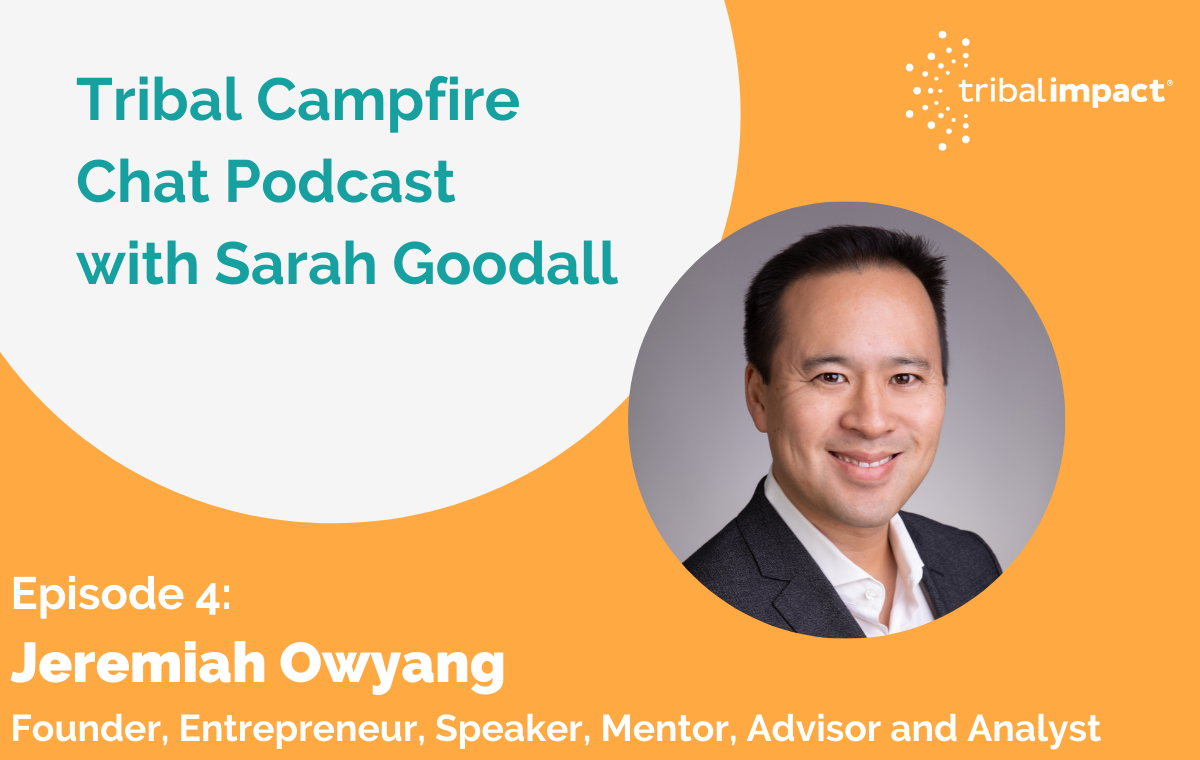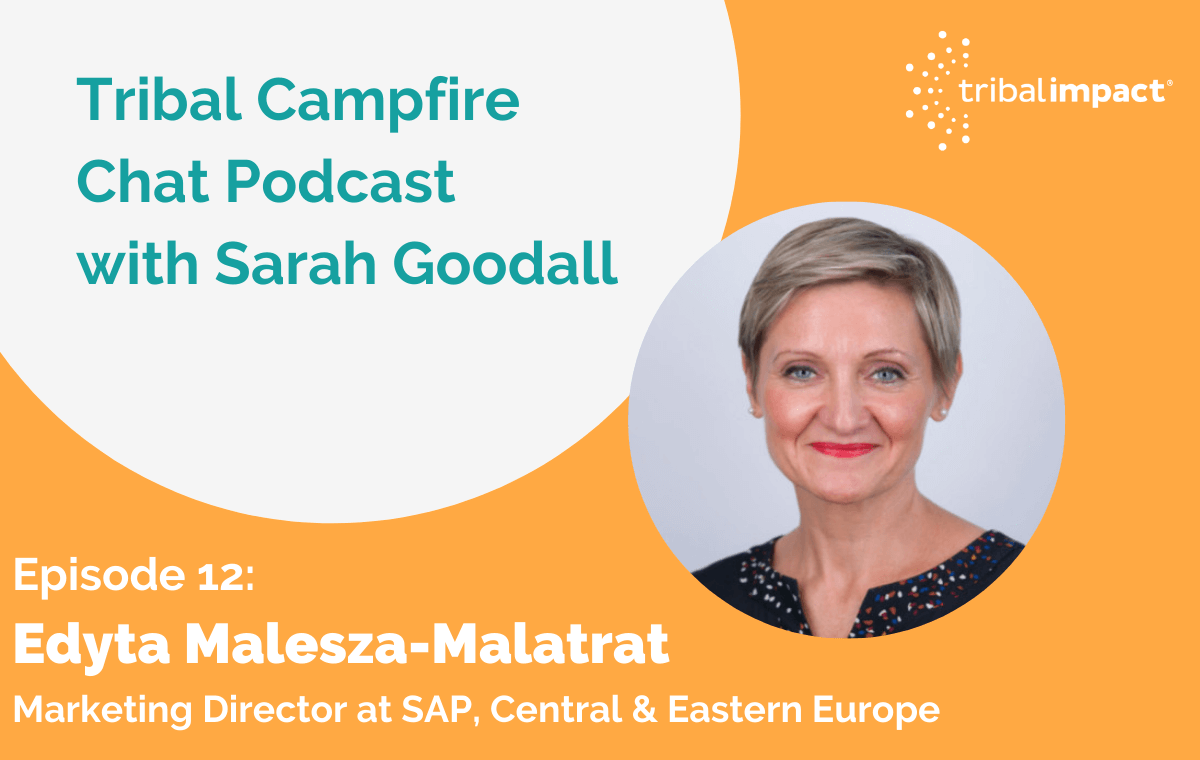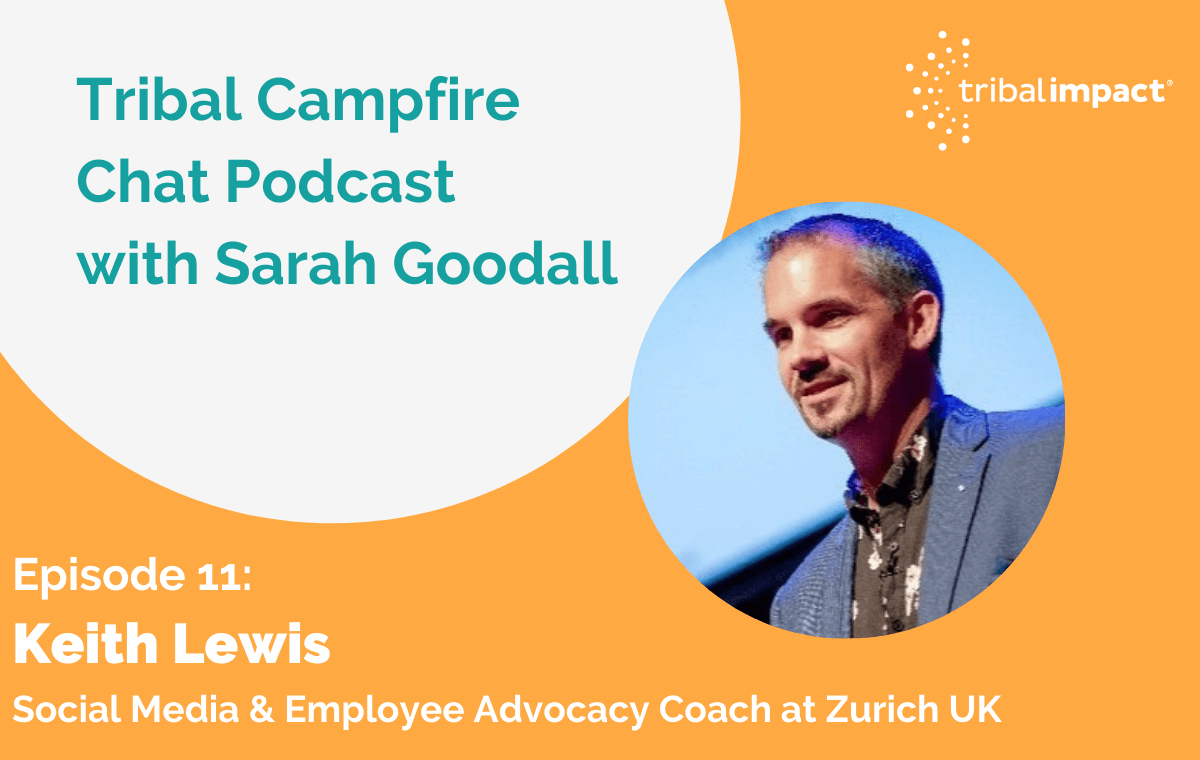
Follow us on social!
Follow us on social!
Follow us on social!
Jeremiah Owyang: Nature has the Answers
Today I’m speaking with Jeremiah Owyang, old time work colleague from my Hitachi Data Systems days, where we were at the forefront of a new era of web and social media marketing programs. It was around this time Jeremiah started his blog which is still going strong today. Jeremiah now has many hats: Founder Entrepreneur, Speaker, Mentor, Advisor and Analyst. In addition to publishing research at Kaleido Insights as an Industry Analyst, he also leads Crowd Companies, a council for large corporations who are seeking to innovate with new technologies to reach their customers. He’s big into fitness and self-care. Let’s chat!
A Healthier Future
Jeremiah thinks in terms of digital eras and is well known for his business models on these. The first being the internet model, the second is the social media era, and the third model is the collaborative economy, where in addition to peer-to-peer media, we now see the rise of Airbnb, car sharing and blockchain and maker movement, where people can get physical goods and services from peers.
The fourth era, which we're now experimenting with, is the autonomous era, where we see AI and self-driving cars and bots in hospitals and around. The next phase, he predicts, is technology and health and wellness. This likelihood of this can be seen in the amount of information that the technology companies are collecting now, just from search results or who people are interacting with, and even from their shared GPS locations. Companies can know if went to the gym, or if we went to the fast-food restaurants.
Behaviours have become trackable, but interestingly, it’s the people who are giving companies explicit behaviour data, whether it’s from wearables or watches, or by plugging in their food data to apps, or sharing their blood pressure or heart rate data. There's a combination of implicit and explicit involved.
Models And Predictions
But what does this data give companies? Knowledge and context making abilities.
Jeremiah predicts some tech companies today could even predict when we might die, down to the month. Which may seem crazy, but insurance companies with life insurance already do this with actuary data. So with the addition of a constant data flow we’ve been providing, they can have a better, more accurate picture. Comparing us to people like us, big data analysis, and really build that picture of actual life expectancy.
Talking of data models, Jeremiah is well known for his. From his digital directive model, to his economy honeycomb model, but where do these models come from? From Nature, he shares, because when you look carefully, this whole digital thing is just replicating what is already existing in nature. The Natural world has already perfected the geometry, the structures, the networks and the communities. We're just replicating it.
Taking the honeycomb model for example. The honeycomb, the six hexes, six sides, is one of the perfect structures because there's no spaces between the items, versus circles where there would be spaces. But to put weight on a square-based structure with four sides, it would topple. So the bees figured out that the six-sided structure is the best for that type of storage of energy and it's a great example of a crowd model when people get what they need from each other.
The Human Connection
Jeremiah has always had a passion for community, in the workplace, and within crowd companies bringing practitioners together. There's a real sense of community in everything he does, and in a global context as well.
Connecting to humans is critical, he believes, especially as we are now in the midst of a Coronavirus crisis. In fact, just last week, where Jeremiah is in the San Francisco Silicon Valley, they went on a shelter-in-place, which is basically a quarantine by the governor and by the city mayors.
People are sequestered separately, but they're all tied together using digital, with most professionals working from home, now setting up Zooms and Facebooks. They're tweeting at each other and sharing information, and really talking about where resources are, who is sick and who's doing it right.
People are wanting to connect, and it goes back to the whole nature modelling. Like a forest, the trees are interconnected to each other in their roots or the air is passing pollen. Humans are doing the same thing. So it’s critical to our human experience and to the species as a whole to be connected, and digital is helping with that. Information sharing has become critical to people's lives.
A Cultural Shift
This need for connection for both communities and work is changing things too. People who’ve never spoken to each other are rallying together, and it’s creating new opportunities. Many companies, even in early 2020, were still debating the merits of working from home, but now no longer have a choice. As they need to avoid liability for employee safety and health, it’s required for employees to work from home, but this has fragmented modern communities.
An upside might be increased productivity but there might also be a decrease in innovation perhaps because people aren't collaborating, they're not running into each other at the water cooler anymore. Only time will tell. After the Coronavirus passes, many people, if not most, will continue working at home.
Due to a big shift in culture, but it's going to be fragmented while people rebuild what it's like to work from home and remotely and collaborate remotely. In the long-term, this will work for companies, who are going to feel the benefits of flexibility. However, face-to-face meetings will remain important.
The Power Of Sleep
Outside of his social modelling, Jeremiah is a Spartan Racer. From regularly taking part in Cross Fit to sharing his Superman push ups in exotic locations. He takes care of himself, and his wellbeing.
But where does his motivation come from? It’s his family. Knowing he’s hit the middle age with a young family, Jeremiah wants to be fit and healthy when they get to college age. So he knew he had to make a change for longevity. Of course, there's lots of energy benefits too.
The one thing he doesn’t talk about too often is the prioritization of his sleep, which he shares is critical to health. Sleep first, then a clean diet, fitness last. Jeremiah, as expected, uses technology to enable all these things, from finding information to tracking it. For him, it's kind of a fun passion to make himself a project.
When Cars Become Alive
Jeremiah is no stranger to the stage and has given a TED talk himself, but what’s the inside scoop? How does one prepare to get on that famous stage? We learn there are different kinds of TED talks. TEDx being at a community level, with the TED team not involved. Then there's the main TED stage, for accomplished scientists and entrepreneurs and humanitarians.
What Jeremiah experienced was somewhere in between - a BMW sponsored event, hosted at the Frankfurt auto show, but included TED employees and had the rigor of quality TED is known for. Gratefully, Jeremiah was selected and his idea for the ‘When Cars Become Alive’ talk became a reality. After selection, he was paired with two people, one a TED employee, and the second was a former TED speaker to aid him. Following came a coaching process, all online, with script and slide reviews.
Jeremiah then rehearsed his four minutes, 50 to 100 times, as TED expected you to know your lines inside and out - like a performance, but don’t worry, we won’t be losing Jeremiah to the big screen anytime soon. He’s quite enjoying his tech haven, and, it's not like he can move anywhere for the next few months anyway. So, back to the very small screen for now!
The Episode
[00:55] Meet Jeremiah Owyang
[04:28] Jeremiah’s Social Models
[07:14] Coronavirus and Connection
[11:14] How Culture is Shifting
[11:38] Why is Sleep so important
[13:57] When Cars Become Alive TED Talk
Additional Resources
- Jeremiah Owyang on Linkedin
- Web Strategist Blog
- The Social Models and Further Research
- Jeremiah Owyang Instagram
- When Cars Become Alive Ted Talk
Follow us on social!
Follow us on social!
Follow us on social!



